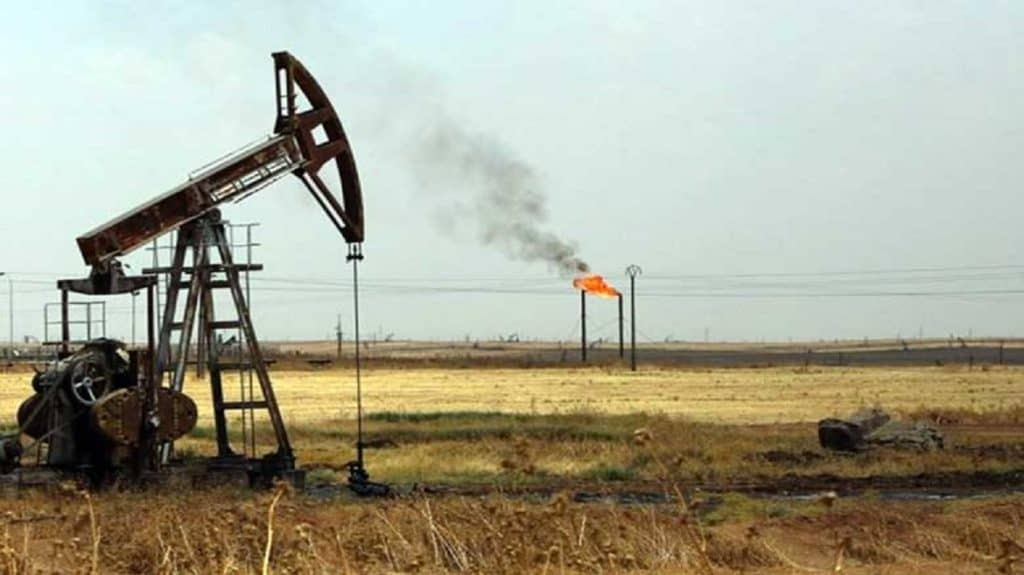By Denis Korkodinov
Moscow has taken a very ambiguous position against the background of the Turkish military operation “Source of Peace” in northeastern Syria.
Given that Russia is on the side of the Bashar al-Assad government, ensuring the process of restoring the territorial integrity of the SAR, and that Turkey intends to confront the Syrian government forces in Rojava, there should be a great risk of tension between Moscow and Ankara. Meanwhile, the Kremlin ism trying to use the situation in order to force the Kurds to transfer large oil fields under the control of Damascus, under security guarantees.
The spokesman for the Russian leader, Dmiriry Peskov, recently stressed that foreign troops illegally stationed in the territory of the SAR should immediately leave the country. It would seem that such a statement by the Kremlin is nothing new, since Moscow has repeatedly acted in the international arena with the demand to free Syria from the unauthorized presence of external forces.
However, against the background of Operation Source of Peace, Dmitry Peskov’s appeal takes on a different meaning and is directed exclusively to Turkey. So Moscow indirectly makes clear to Recep Erdogan that, despite Russian-Turkish cooperation, Moscow still recommends that Ankara withdraw its troops from the territory of Rozhava. Otherwise, the Kremlin could motivate the Syrian Arab Army to oppose armed resistance to the Turks, who are trying to establish control over strategic settlements in the northern part of Aleppo governorate. In addition, Russia will not mind if their Iraqi brothers come to the aid of the Syrian Kurds.
However, Russian plans also consist in organizing a negotiation process between the Kurds and the government of Bashar al-Assad on the most favorable terms.
It is fair to say that the Kremlin is a bit disappointed with Turkish actions in Rojava. According to a number of Moscow politicians, the Turks, having not resolved the problems associated with their elimination from the Hayyat Tahrir al-Sham foci in Idlib, unleashed a new conflict in which, at the request of the Kurds, Moscow will still have to take part. This is an additional headache and an excessive costs for Russia.
Under the current conditions, the Kremlin may be counting on the fact that, as a result of Turkish pressure, the Syrian Kurds will be able to make certain concessions to official Damascus. We are talking primarily about oil fields, that the Kurds, under the guarantee of military assistance, can transfer under the control of the Syrian Arab Army. Amid in a shortage of “black gold”, from Damascus, which is forced to buy oil from Iran and Venezuela, ensuring control over the oil fields of Rozhava for Bashar Assad is vital.
Moscow, in turn, can guarantee the Kurds a “free corridor” for leaving the zone of the Operation Source of Peace if Damascus gains control primarily of the major oil arteries of Shaddadi and Rumelani. These areas are richest in “black gold.” So, before the start of the Syrian conflict in the vicinity of the city of Al-Hasak, which is under the control of the Supreme Council of Western Kurdistan, about 40 thousand barrels of oil were produced per day, which is a tenth of Syria’s oil production.
If the Kurds reject this proposal, Moscow may “close its eyes” to subsequent Turkish actions and actually put YPG on the brink of a crushing defeat.
(The views expressed in this article belong only to the author and do not necessarily reflect the views of World Geostrategic Insights)
Image Credit: AFP/Youssef Karwashan







